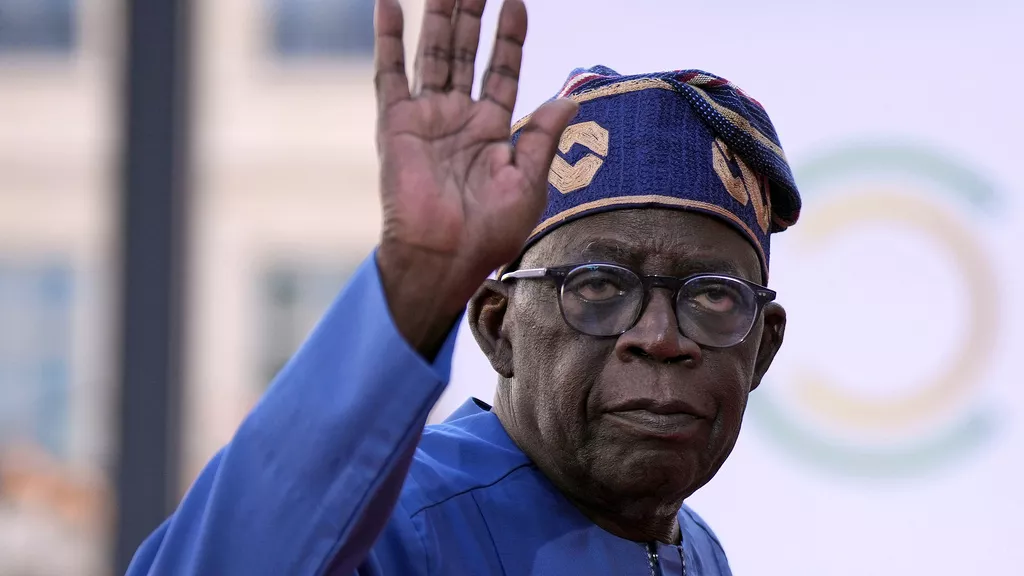Nigeria Temporarily Suspends Contentious Expatriate Employment Levy
Nigeria has decided to temporarily suspend a contentious annual levy, introduced by President Bola Tinubu, which required businesses employing expatriates to pay $15,000 for a director and $10,000 for other workers. The tax, implemented over a week ago, faced widespread condemnation, prompting the Ministry of Interior to announce a pause for “dialogue among stakeholders” after a meeting held in Abuja on Friday.
The Ministry of Interior defended the levy, stating it aimed to “discourage abuse” of the expatriate quota and intended to create “employment opportunities for Nigerians while closing wage gaps between expatriates and local workers.” However, the decision to halt the levy comes in response to the backlash it received from various quarters.
Dele Kelvin Oye, the national president of the Nigerian Association of Chambers of Commerce, Industry, Mines, and Agriculture (NACCIMA), commended the government’s decision to pause the levy. He acknowledged the government’s commitment to fostering an inviting atmosphere for both local and international investors, emphasizing the importance of considering the levy’s implications on Nigeria’s business community.
Several organizations, including the Nigeria Employers’ Consultative Association (Neca) and the Manufacturers Association of Nigeria (Man), had strongly criticized the Expatriate Employment Levy (EEL). Neca termed the policy “worrisome,” expressing concerns that it could exacerbate unemployment and have dire socio-economic consequences amid Nigeria’s ongoing economic crisis. Man labeled the policy as “punitive” and a “punishment” for investors, asserting it could undermine Nigeria’s attractiveness as a global investment destination.
Nigeria, being one of Africa’s major oil producers, relies heavily on oil and gas exports, accounting for 90% of foreign exchange earnings, according to the International Monetary Fund. With over 150,000 expatriates in the country, primarily employed in sectors like oil and gas, construction, telecommunications, and hospitality, the imposition of the levy sparked a significant outcry from various quarters.
Currently, companies in Nigeria already pay $2,000 annually to obtain a residency permit for each foreign employee. President Tinubu acknowledged the challenges facing Nigerians, such as increased food, transport, and commodity prices due to the depreciation of the naira, leading to elevated foreign exchange rates and inflation. He assured efforts were underway to improve the country’s financial situation and foster economic growth.


















